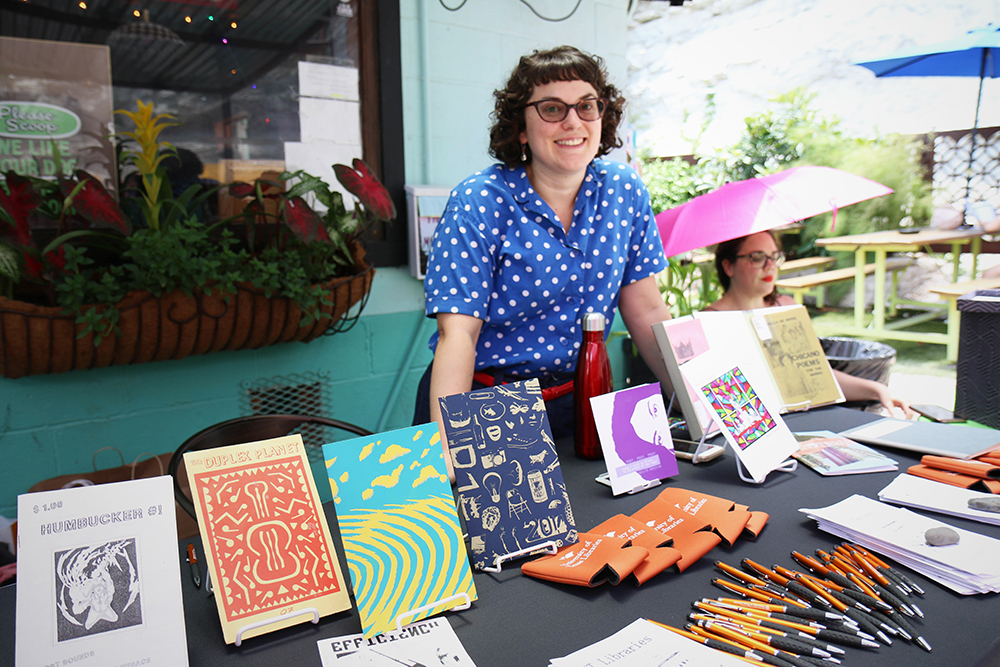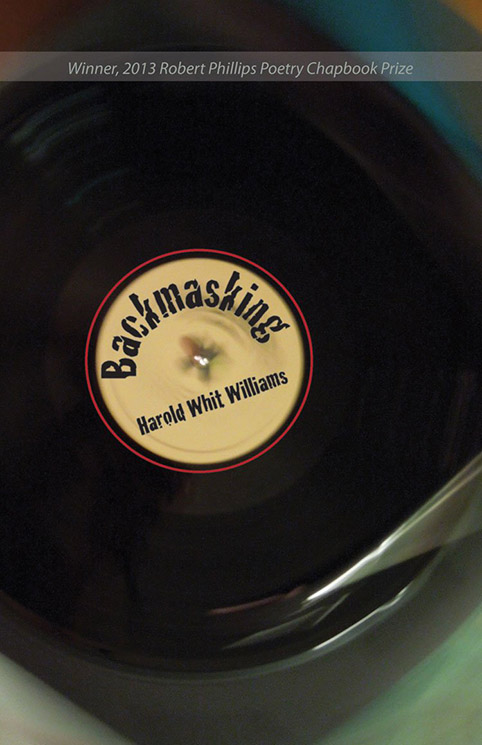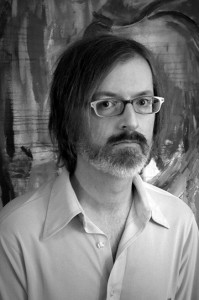
The Fine Arts Library has a collection of over 500 zines focused on art, music, performance, as well as zines created by regional and local authors. Zines are typically described as self-published or DIY works that have limited editions. Zines are often made of 8 ½ by 11 sheets of paper folded in half and stapled together. Early zines emerged from science fiction fandom, though over time different social and counter-cultural movements adopted the medium as a way to disseminate information and share ideas. More recently, artists also adopted zines as a creative medium and method to distribute work outside mainstream channels within the art world. Many cities around the country and world, including our Texas neighbors in Houston and Dallas, have zine or independent publishing festivals.
Back in January, a group of Austin librarians and zine makers gathered to discuss the possibility of creating a new festival called Lone Star Zine Fest (LSZF). LSZF took place on June 11th at Cheer Up Charlies and was co-sponsored by UT Libraries, Sherwood Forest Library, Town Talk Library, and artist Josh Ronsen. The goal for this festival was to create a space for Austin’s artists, poets, zinesters, and zine-lovers to come together as a community to celebrate and share work. LSZF had close to 30 exhibitors participate and over 375 attendees during the Sunday afternoon event.
Longhorns were well represented at LSZF as exhibitors and attendees. Several graduate students, undergraduate students and staff shared their zines or small presses. The UT Libraries also had a table where Gina Bastone, English Librarian, and I highlighted the Zine Collection at Fine Arts Library and UT Poetry Center at the Perry-Castañeda Library.
Gina and I also created a zine to use as an outreach tool that playfully describes the two complementary collections to readers. Members of the public along with UT students, faculty, and staff who stopped by our table expressed surprise to hear these two collections were present within the libraries. The library zine proved to be a fun outreach tool that we plan to continue using with our respective departments.
In addition to working with Gina to promote our collections, I also represented UTL on the planning committee for the festival. Serving as a co-sponsor of this event, shows Longhorns and Austinites alike the value UTL places on supporting creativity on campus and within our city. As the liaison to the Art and Art History department, it is important to me to help create spaces on campus and within the greater Austin community that celebrate makers and their creative output. One of my favorite moments of the day was an exchange with an Art History student. Upon checking in to exhibit at the festival, the student remarked that I am their librarian. The student expressed excitement that UTL helped put on an event like LSZF. This was one of the many positive remarks heard from Longhorns throughout the day, demonstrating the importance events like this have to our community.
Stop by the Fine Arts Library or UT Poetry Center to see new zines and chapbooks acquired at the festival.


